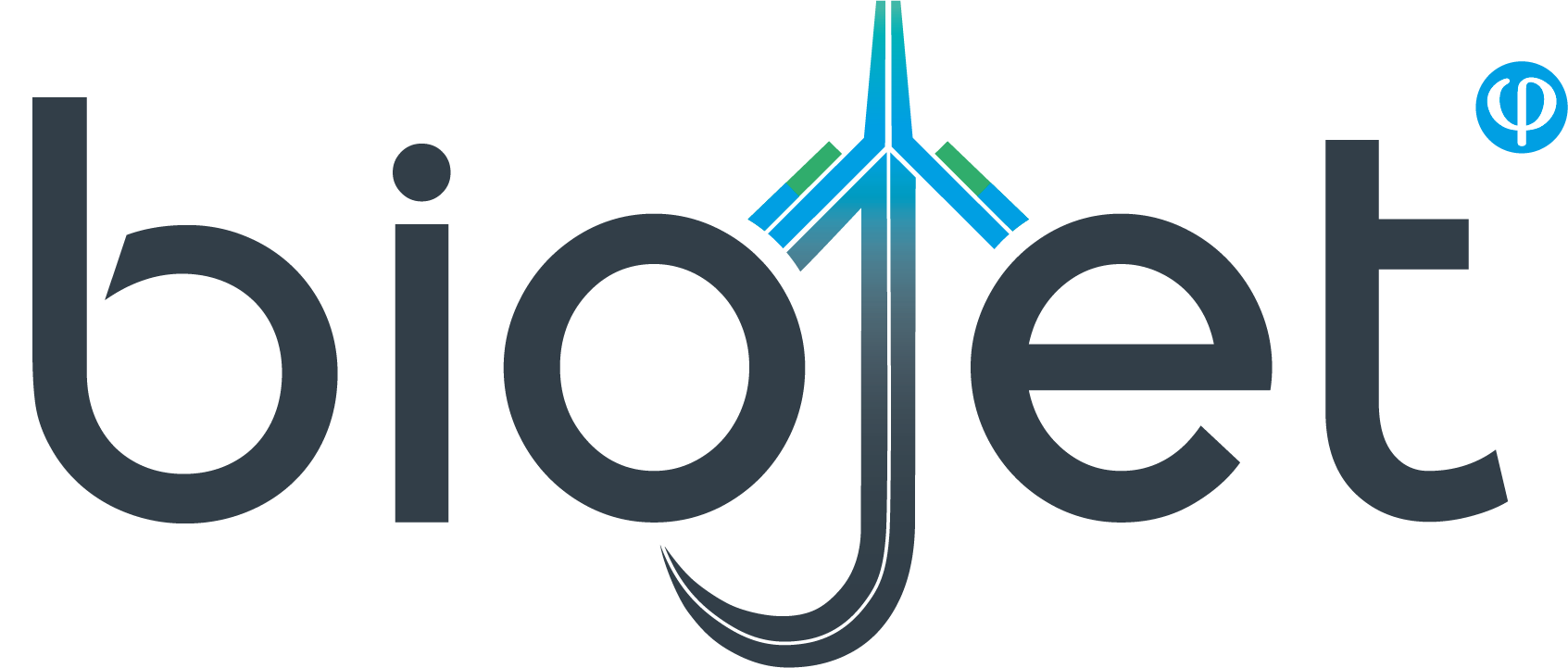In August 2025, the Federal Center for Planning and Organization of Drug Provision (FCPiLO) of the Russian Ministry of Health announced the largest procurement in three years for the drug with the active substance ocrelizumab, worth 17.7 billion rubles. However, the tender was canceled and reissued in early September with revised parameters: the requested volumes were almost halved, and the initial maximum price was reduced to 10.54 billion rubles. The decision followed an appeal from an unnamed company, which informed the federal center of plans to bring a domestic biosimilar of ocrelizumab to market in 2026.
Back in 2019, Roche — the patent holder of the original drug — announced its intention to localize production at R-Pharm facilities. In early 2025, the Russian company received approval to conduct clinical trials (CTs) of its own biosimilar. According to the State Register of Medicines, domestic developers Biocad and Generium, as well as Iran’s CinnaGen, are also conducting studies of their own analogs.
During the August procurement, FCPiLO planned to purchase 885,900 ml of ocrelizumab for the federal “14 High-Cost Nosologies” program, covering 2026–2027. In the September tender, the volume was reduced to 464,500 ml and the period shortened to one year — 2026.
According to tender documents, the first auction was canceled after a query raised the issue of ongoing domestic biosimilar development, with launches planned for 2026. Their expected price would be significantly lower than the original, potentially saving the federal budget more than 1.6 billion rubles. As a result, the center canceled the initial tender and decided to handle 2027 procurement separately, based on confirmed demand.
R-Pharm’s biosimilar candidate RPH-035 (ocrelizumab) received regulatory approval in early 2025 for a multicenter, double-blind, randomized clinical trial with 130 patients suffering from relapsing-remitting or secondary progressive multiple sclerosis (MS) with relapses. The trial aims to compare the pharmacokinetics, pharmacodynamics, safety, and immunogenicity of RPH-035 with the original Ocrevus (ocrelizumab) by Roche. The approval is valid until December 31, 2027. In parallel, Biocad and Generium received trial approvals in 2024, while CinnaGen was authorized in 2024 and 2025 for two studies.
Ocrelizumab is the world’s first therapy approved for primary progressive MS. It is a recombinant humanized monoclonal antibody targeting CD20-positive B cells, reducing inflammation and slowing tissue damage. The drug is also approved for relapsing forms of MS. In the U.S., it received breakthrough therapy designation in 2016 and was registered in Russia in 2017. Roche’s patent rights for ocrelizumab in Russia are valid until 2030, according to the Eurasian Pharmaceutical Register.
Large-scale procurements of ocrelizumab have been carried out previously. In 2022, FCPiLO signed a contract worth 5.3 billion rubles. In 2023, two tenders were held, for 1.99 billion and 13.16 billion rubles. In 2024, six tenders were conducted totaling 2 billion rubles. Centralized procurement began in 2021, after the drug was included in the “14 High-Cost Nosologies” list. Roche’s 2019 announcement of localization plans coincided with the first tenders, in which R-Pharm became the sole supplier (contracts totaling 1.8 billion rubles).
In November 2024, Roche confirmed in an official letter that supplies of Ocrevus to Russia were being delivered in full and without disruption. The drug’s regulatory certificate indicates that secondary and tertiary packaging, as well as final quality control, are carried out at Ortat plant, part of the R-Pharm group.
Source: Vademecum, 04.09.2025








